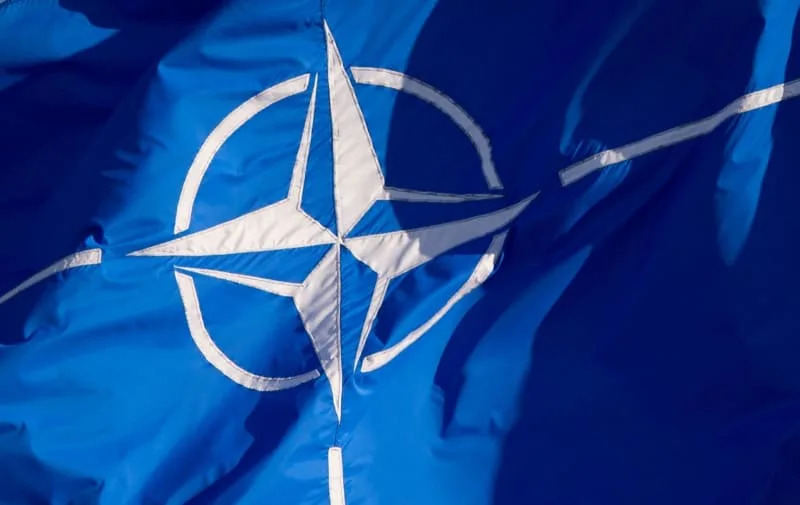Ukraine has made significant strides in its military capabilities, particularly in striking targets deep within Russian territory. According to Major General Maik Keller, deputy commander of the NATO Security Assistance and Training for Ukraine (NSATU), improvements in personnel, equipment, and training are key factors in this development.
Keller shared these insights during an interview with the German news agency dpa. He emphasized that the Ukrainian military is becoming increasingly adept at reaching “militarily relevant targets” across Russia. This advancement reflects a comprehensive enhancement in military capability, encompassing personnel, material, and training resources.
NATO’s Support and Coordination Efforts
The NSATU operates from the Lucius D Clay Barracks in Wiesbaden, Germany, where military experts from 30 nations collaborate to support Ukraine. This coalition includes non-NATO partners such as Australia and New Zealand, which work alongside Ukrainian representatives to address the country’s requirements for weapons, ammunition, spare parts, and various equipment.
While the primary mission of this NATO initiative is to coordinate support for Ukraine, Keller noted that the learning process is reciprocal. He pointed out that Ukraine’s advancements in drone technology have become a focal point for NATO and its allies. With Ukraine demonstrating effective use of combat, logistics, and medical evacuation drones, along with innovations in naval systems, Keller remarked that “few can teach the Ukrainians much in this field.”
Investment in Military Capabilities
Keller’s remarks come against the backdrop of Germany’s commitment to bolster Ukraine’s military capabilities. Recently, Berlin announced a pledge of €300 million (approximately $351 million) to support the production of thousands of long-range drones for Ukraine. This financial backing underlines the ongoing efforts to enhance Ukraine’s operational effectiveness.
In recent weeks, Ukraine has intensified its strikes targeting key Russian infrastructure, including oil refineries crucial for diesel and petrol production. Keller underscored the importance of adapting and learning from these experiences, stating, “Our core mission is to coordinate support for Ukraine. But we would be foolish not to use this knowledge to improve ourselves and spare our own soldiers from repeating Ukraine’s hard lessons.”
As the conflict continues, the evolving capabilities of Ukraine’s military, supported by NATO and its partners, will likely play a pivotal role in shaping the dynamics on the ground.





































































